Worldwide drowning has caused over 2.5 million deaths in the last decade. The overwhelming majority of these deaths (90%) happen in low-middle-income countries. Globally, the highest drowning rates occur among children aged 1–4 years.
 To mark this year’s World Drowning Prevention Day, the World Health Organisation (WHO) is raising awareness of drowning interventions such as teaching school-age children basic swimming water safety and safe rescue skills. Drowning is a public health issue, through their World Drowning Prevention Day campaign, WHO will be reminding people that: “Anyone can drown, but no one should.”
To mark this year’s World Drowning Prevention Day, the World Health Organisation (WHO) is raising awareness of drowning interventions such as teaching school-age children basic swimming water safety and safe rescue skills. Drowning is a public health issue, through their World Drowning Prevention Day campaign, WHO will be reminding people that: “Anyone can drown, but no one should.”
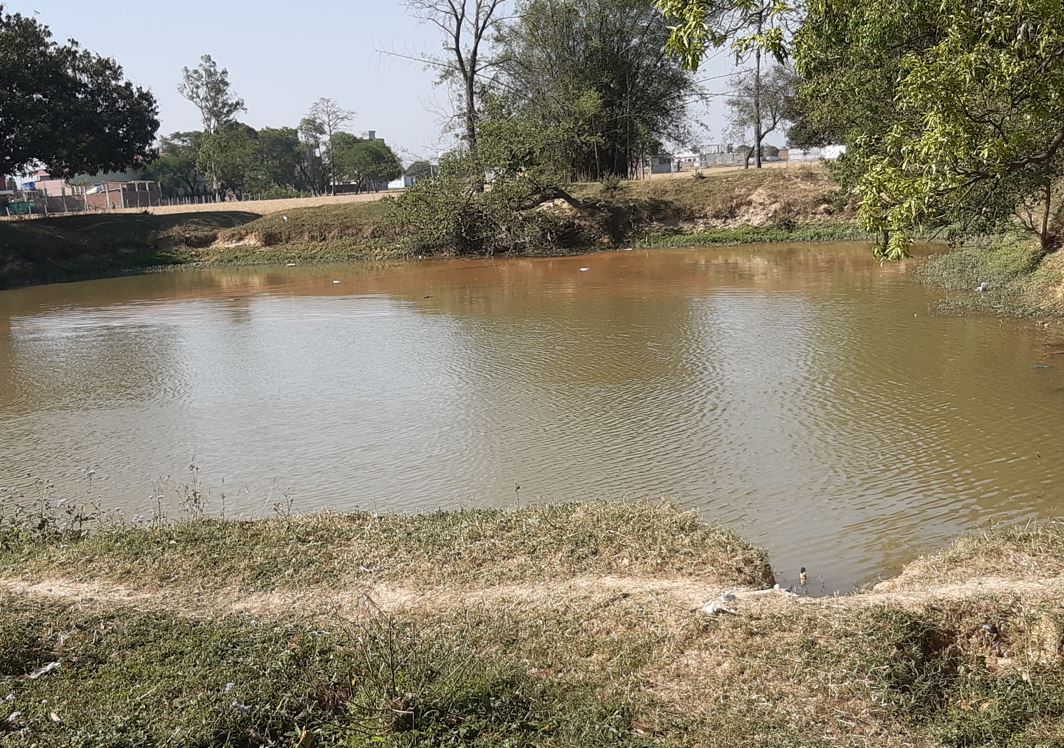
In Bangladesh, drowning is the leading cause of death in children over the age of one. Globally, the country has one of the highest rates of drowning, especially among children. Additionally, the risk of drowning in rural areas is twice as likely in comparison to cities. Some of the reasons for this are due to access to hazards, e.g., because there are a significant number of ponds and ditches, creating natural drowning hazards for very young children.
Bournemouth University and the Centre for Injury Prevention and Research, Bangladesh (CIPRB) jointly have received funding for research into the number of children drowning deaths in Bangladesh. The project, called ‘Sonamoni’, is being coordinated by Bournemouth University in collaboration with the University of the West of England, Bristol, the University of Southampton, and the Royal National Lifeboat Institution (RNLI). We are working with CIPRB to reduce drownings among newly-mobile children, generally under two years old. The project, with Prof. Dr. Aminur Rahman as Bangladesh lead, includes a PhD project by BU’s Mr. Shafkat Hossain. Shafkat’s thesis focuses on aspects of the Human-Centred-Design element of the Sonamoni project.
 This £1.6m project has been made possible thanks to a grant from the National Institute for Health and Care Research (NIHR) through their Research and Innovation for Global Health Transformation programme. For more information, visit the NIHR website.
This £1.6m project has been made possible thanks to a grant from the National Institute for Health and Care Research (NIHR) through their Research and Innovation for Global Health Transformation programme. For more information, visit the NIHR website.
The interdisciplinary team at Bournemouth University cover three faculties supported by the following academics: Dr. Mavis Bengtsson, Dr. Kyungjoo Cha, Dr. Mehdi Chowdhury, Dr. Yong Hun Lim, Mr. John Powell, and Prof. Edwin van Teijlingen.
Prof. Edwin van Teijlingen
Centre for Midwifery & Women’s Health (CMWH)
 Our article ‘Understanding health education, health promotion & public health’ [1] is getting read according to ResearchGate. This conceptual/ theoretical paper was published open access in late 2021 in the Journal of Health Promotion and it reached 4,500 reads yesterday. Whilst the web side of the journal suggests today that the PDF of the paper has been downloaded 8,511 times.
Our article ‘Understanding health education, health promotion & public health’ [1] is getting read according to ResearchGate. This conceptual/ theoretical paper was published open access in late 2021 in the Journal of Health Promotion and it reached 4,500 reads yesterday. Whilst the web side of the journal suggests today that the PDF of the paper has been downloaded 8,511 times.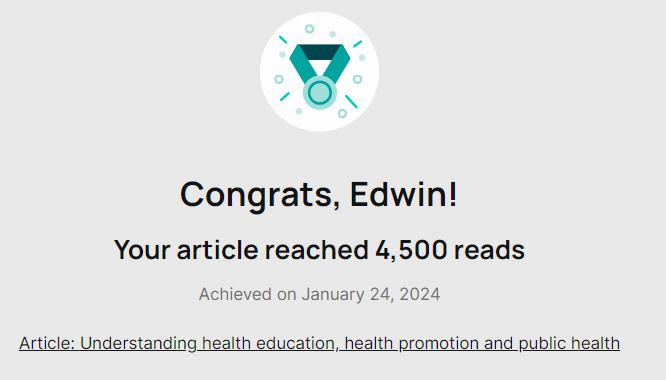

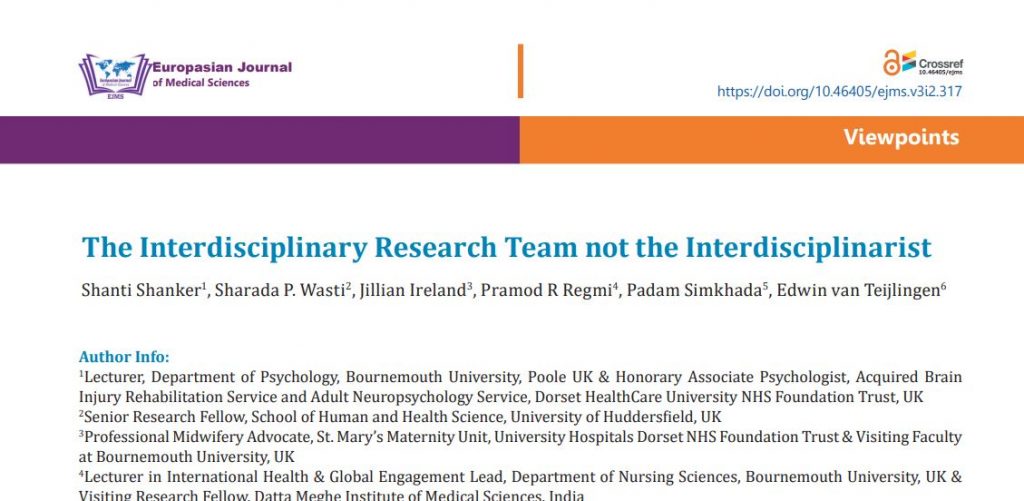
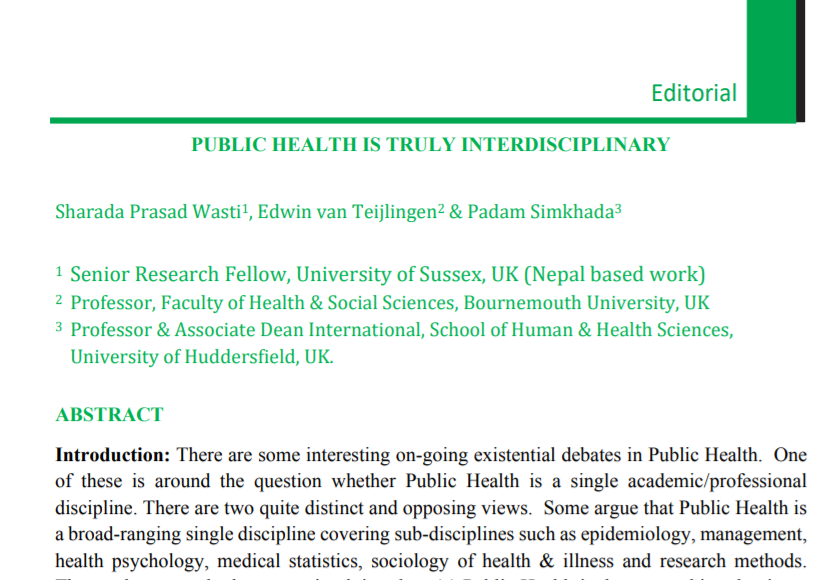
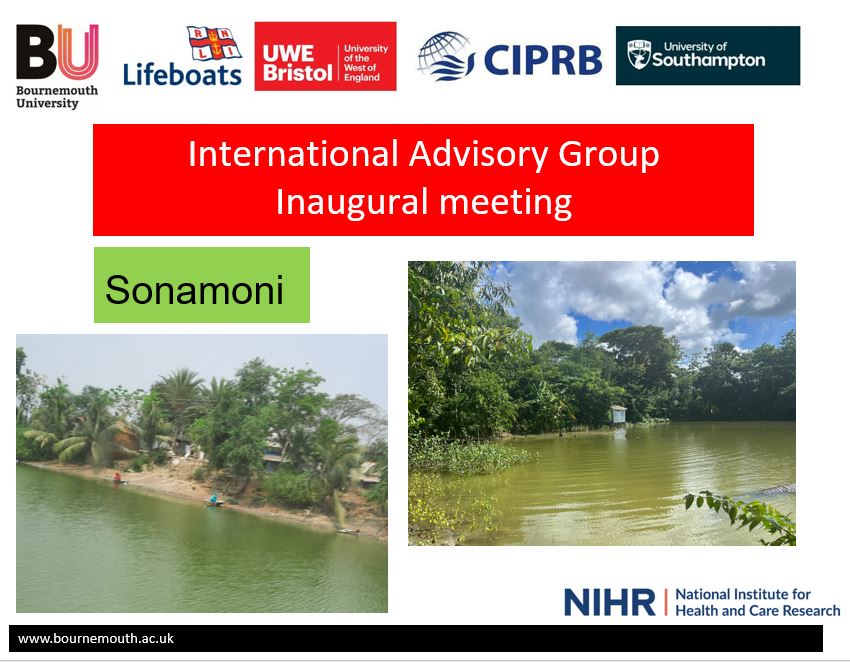


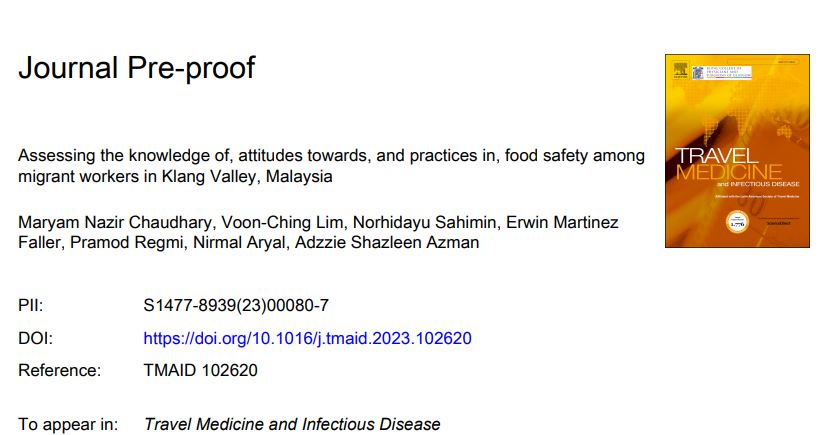
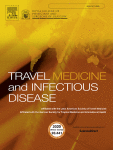




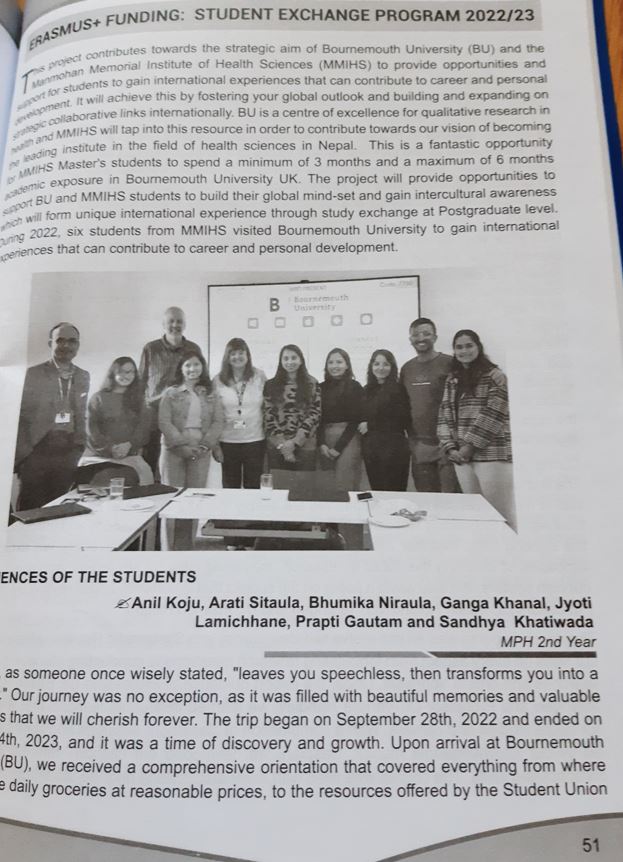
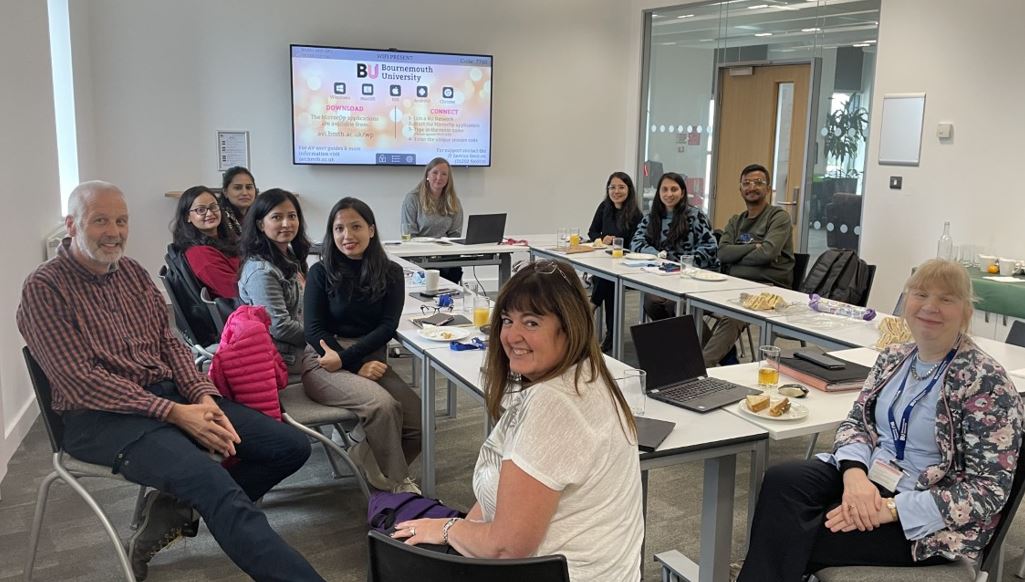
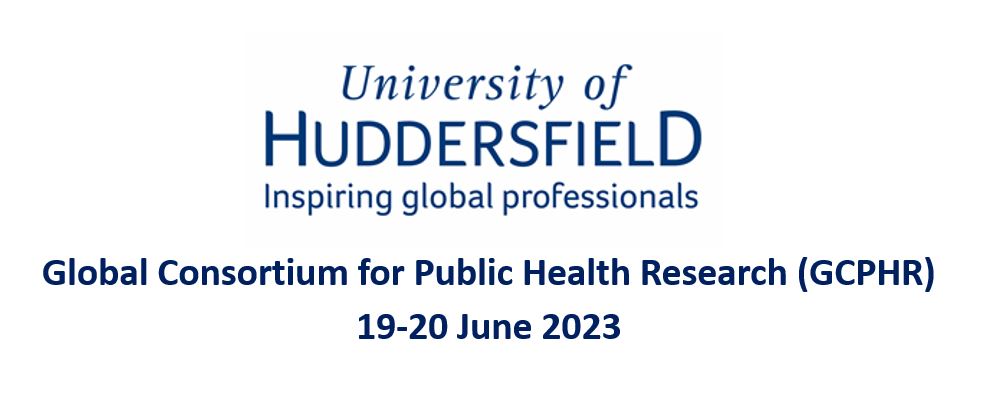
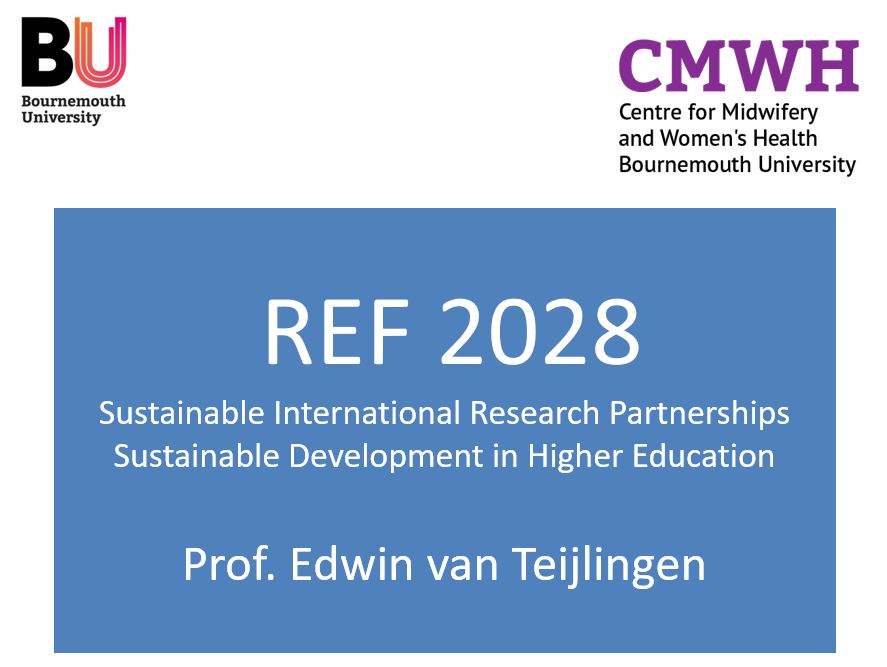
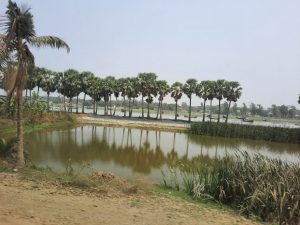
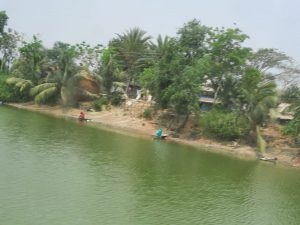
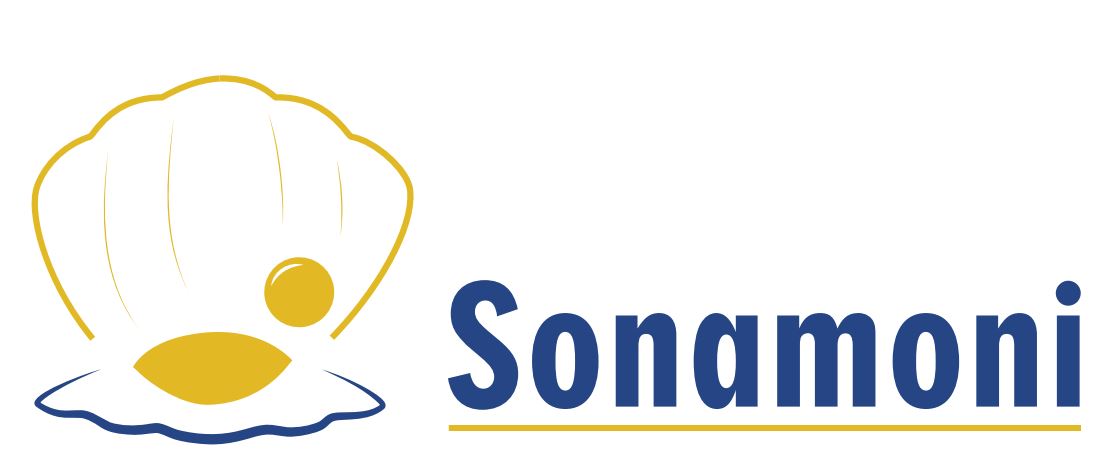


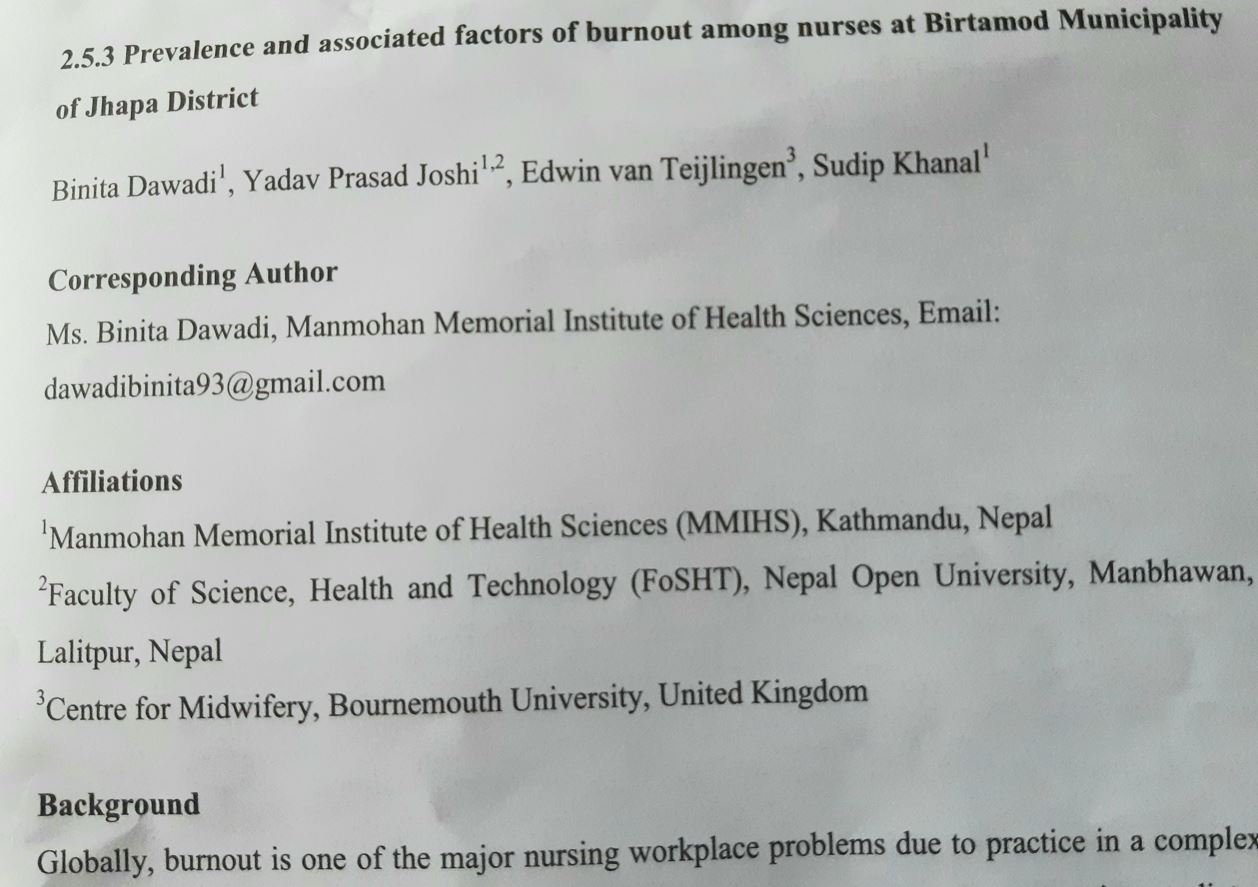

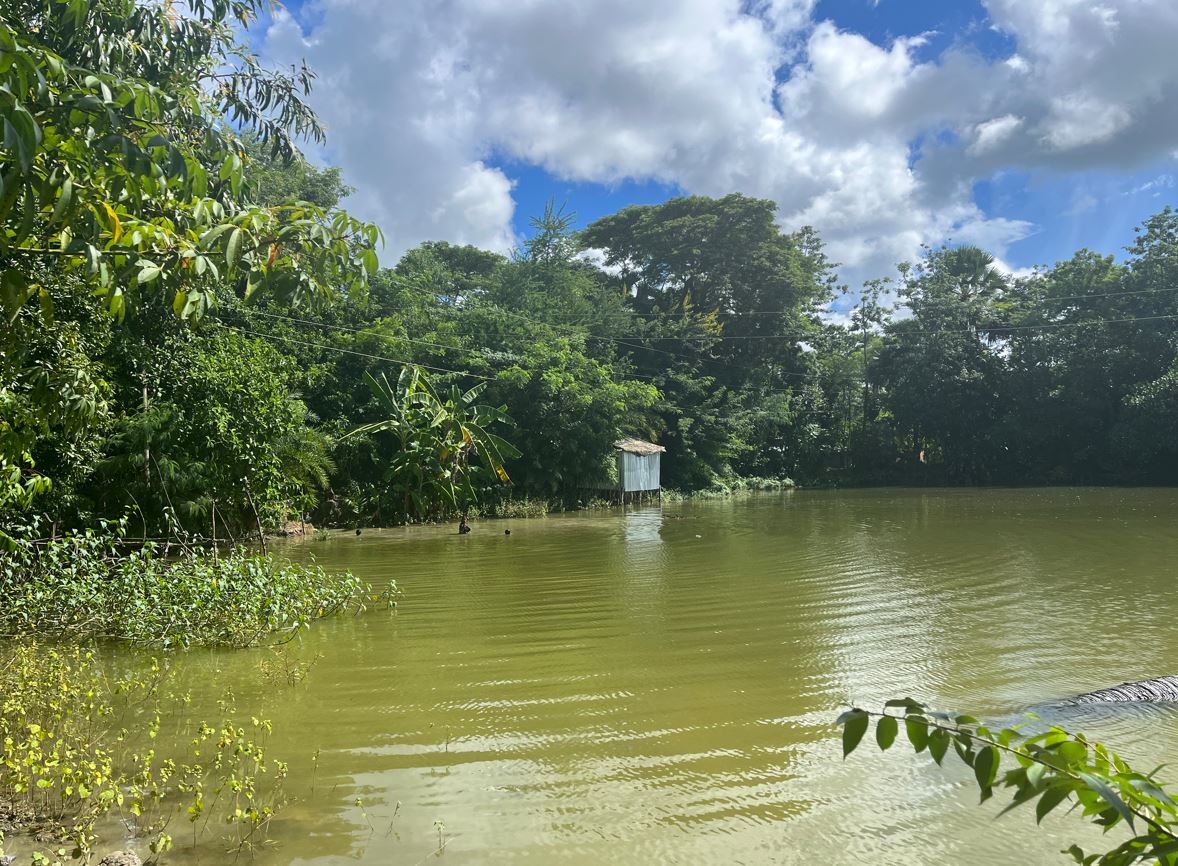


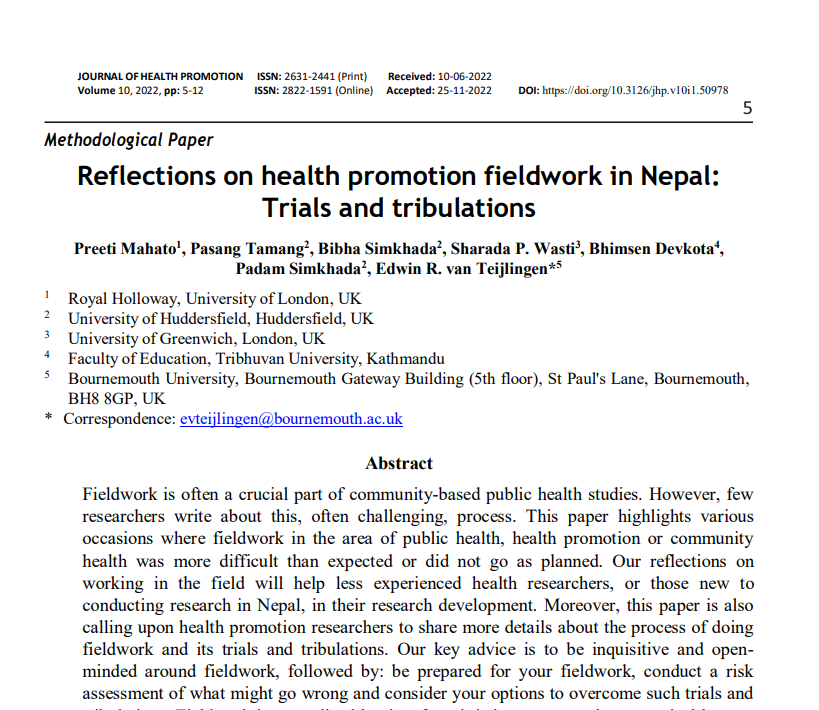
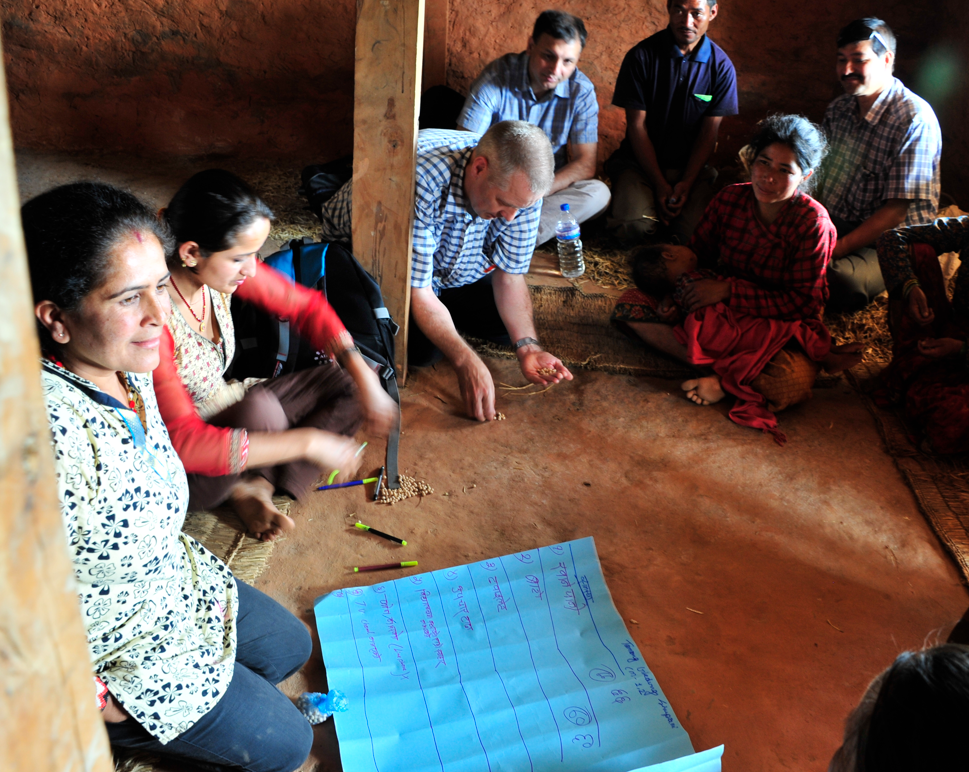


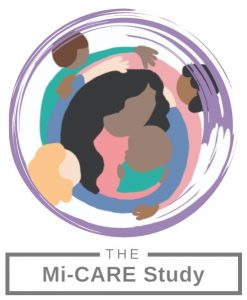












 BU attendance at third annual GCPHR meeting in June
BU attendance at third annual GCPHR meeting in June Interactive Tangible and Intangible Heritage Applications – BU student work featured in new book chapter
Interactive Tangible and Intangible Heritage Applications – BU student work featured in new book chapter Second NIHR MIHERC meeting in Bournemouth this week
Second NIHR MIHERC meeting in Bournemouth this week MSCA Postdoctoral Fellowships 2025 Call
MSCA Postdoctoral Fellowships 2025 Call ERC Advanced Grant 2025 Webinar
ERC Advanced Grant 2025 Webinar Horizon Europe Work Programme 2025 Published
Horizon Europe Work Programme 2025 Published Horizon Europe 2025 Work Programme pre-Published
Horizon Europe 2025 Work Programme pre-Published Update on UKRO services
Update on UKRO services European research project exploring use of ‘virtual twins’ to better manage metabolic associated fatty liver disease
European research project exploring use of ‘virtual twins’ to better manage metabolic associated fatty liver disease